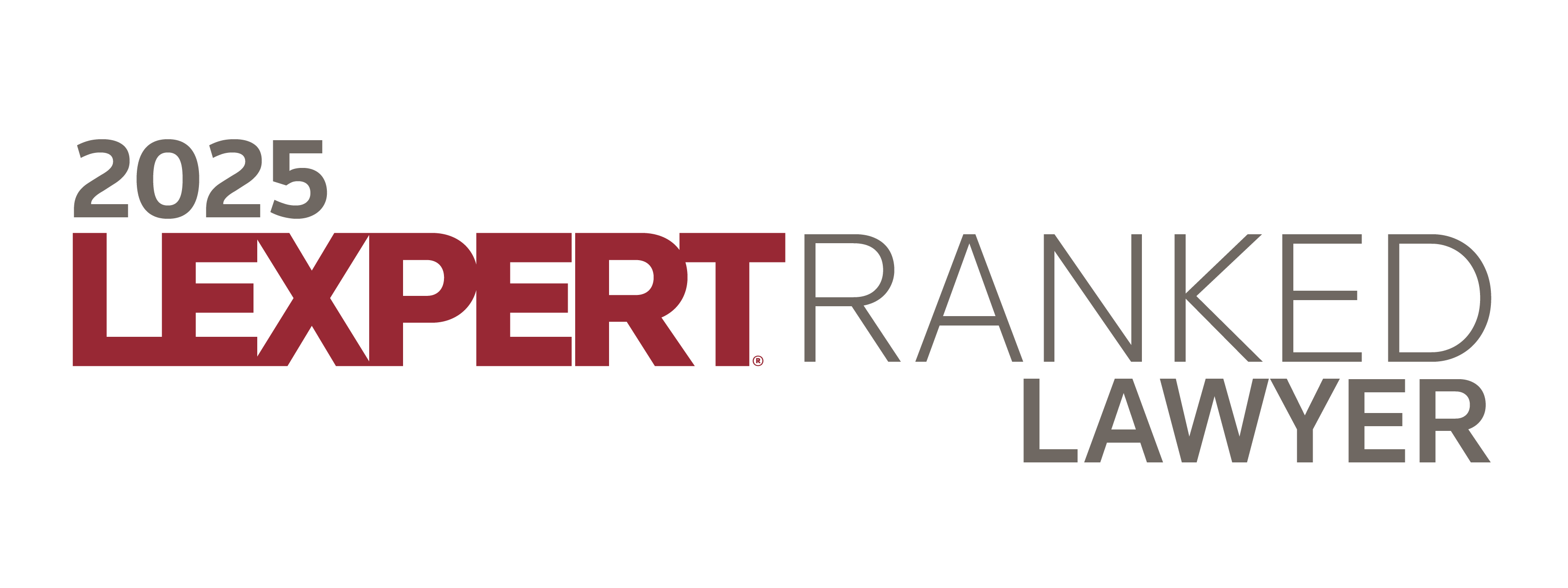2025-2026 Quebec Budget: A review of Quebec mining taxation - Challenges to be met, opportunities to be seized
On March 25 last, the Quebec Minister of Finance unveiled his 2025-2026 budget, which significantly transforms the tax landscape of the mining sector in Quebec. This budget introduces major changes to the flow-through share regime and to the tax credit relating to resources, which will have significant implications for investors and businesses in the natural resources sector. Changes to the flow-through share regime Abolition of both 10% additional deductions As part of the review of its tax expenditures, the government has decided to adjust the flow-through share regime. As a result, the following deductions have been abolished: the additional 10% deduction for certain exploration expenses incurred in Quebec by a mining corporation that does not exploit any mineral resources; the additional 10% deduction for certain surface mining exploration expenses incurred in Quebec by a mining corporation that does not exploit any mineral resources. With some exceptions1, these changes will apply to flow-through shares issued after March 25, 2025. It should also be noted that the budget abolishes the additional capital gains exemption resulting from the divestiture of certain resource-related properties, such as flow-through shares. On the other hand, the additional deduction for certain issuance costs seems to be maintained. Changes to the tax credit relating to resources Despite these abolitions, the budget does include some positive news for the critical and strategic metals sector. The budget provides for a temporary increase in the rates of the tax credit relating to resources for eligible expenses related to critical and strategic minerals. Until December 31, 2029, a 45% tax credit rate will apply to these costs for eligible corporations, that is, those that do not exploit any mineral resources, and 20% for other eligible corporations, that is, those that exploit mineral resources. For the purposes of the tax credit relating to resources, critical minerals will refer to the following minerals: antimony, bismuth, cadmium, cesium, copper, tin, gallium, indium, tellurium and zinc. Strategic minerals are defined as cobalt, rare earth elements, platinum group elements, graphite (natural), lithium, magnesium, nickel, niobium, scandium, tantalum, titanium and vanadium. Several other technical changes have also been made to the tax credit relating to resources. These will be the subject of a more detailed bulletin at a later date. The changes introduced by the 2025-2026 Quebec budget will certainly have an impact on the tax planning of enterprises and investors in the natural resources sector. Our team of mining law and tax professionals is ready to answer all your questions regarding these new measures. We can assist you in developing your mining investment projects in Quebec, maximizing the benefits of the enhanced rates of the tax credit relating to resources, as well as in implementing successful flow-through financing. These amendments will not apply to shares issued after March 25, 2025, but before January 1, 2026, provided that they are issued following an application for a preliminary prospectus receipt made no later than March 25, 2025. Nor will they apply to shares issued after March 25, 2025, if issued following a public announcement made no later than March 25, 2025, and if the report of distribution form is submitted to the Autorité des marchés financiers no later than May 31, 2025.



